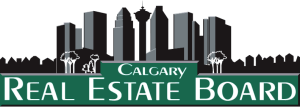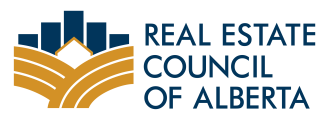Accepting a payment, usually in the sum of $3,000 to $5,000, to allow someone to use your name and credit record to attain a mortgage on a property is fraud, and could result in jail time.
Regardless of how well one might feel they know a potential buyer, the truth of the matter is that these transactions are illegal. Participants could end up with heavy fines, a prison stay, and the saddling of a mortgage on a property they never intended to dwell in or own.
“Mortgage scams are carried out in all different forms and involve a multitude of people; some who don’t even know they’re being taken advantage of,” Diane Scott, President of the Calgary Real Estate Board, says. “There are two prominent mortgage fraud schemes: One involves scams that attempt to illegally acquire property — fraud for property — and one wherein schemes are designed to squeeze money out of transactions involved when a property is exchanged between buyers — fraud for profit.”
There are several measures you can take to guard against mortgage fraud. Utilize a reputable, licensed broker in attaining your mortgage, view the listing history of the prospective property you intend to purchase, have a comparative market analysis completed on the property, and acquire a copy of the land title search on the home as well.
Make your offer on a property pending the results of a qualified appraisal, and consider utilizing the professional services of a real estate agent. If a buyer refuses any of these items, be wary. Also consider the following list of Mortgage Fraud Red Flags, compiled by the Real Estate Council of Alberta. Though they are not definitive of fraud, they are potential signs that one should be cognizant of, both as a potential property buyer and seller:
- client refuses to provide identification
- transaction involves a relative of the associate
- existence of other offers, pending financing, which collapsed
- land title records don’t match information provided by seller
- buyer is a numbered company seeking a high ratio mortgage
- buyers or sellers are not professionally or personally related (ex. Mr. Smith and Miss Jones)
- buyer or seller’s names are only partially indicated
- buyer is purchasing investment property, but owns no primary residence
- buyer is purchasing out of the vicinity of their workplace without qualified reason
- buyer is purchasing many properties with high ratio mortgages, using differing variations of their name
- parties have no formal office; communications are held over cell phone and e-mail, meetings at public venues
- source of deposit cheques is not the purchaser
- deposit is provided by cash or money order
- buyer or seller is represented by someone acting as power of attorney


